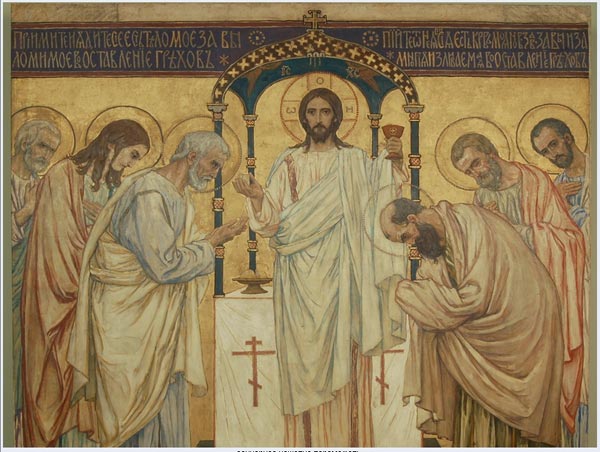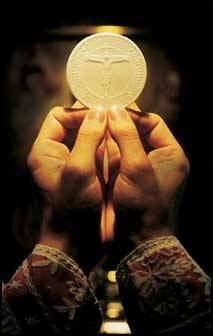
He will sit like a refiner of silver, burning away the dross.
Mal. 3:3
Increasingly, the season of Advent is being turned into a pre-Christmas holiday. Overwhelmed by shopping, gift-giving, parties, and meal preparations, the major themes of Advent are being lost. In the flurry of activity, we forget that Advent has three focuses: the Second Coming of Christ (1 Thess. 4:13-17), Jesus’s becoming fully man at his first coming (Titus 2:11), and his coming into our hearts now by the work of the Holy Spirit (John 14:16-17).
Scripture teaches that the Second Coming should be a motivator for desiring holiness (1 John 3:2-3). When Jesus appears in the clouds, we whose hearts have been changed by the gospel, will want to be living lives that please him. We desire our attitudes and actions to reflect the grace that has been given us in the Holy Spirit (1 John 2:28). We want to bring joy to his heart as we see him face-to-face (2 Thess. 1:10). Therefore, repentance is a key theme in the season of Advent: deep repentance of heart and mind as we prepare for Christ’s visible return.
Repentance begins as a work of the Holy Spirit; he changes our minds convincing us that our actions are wrong and hurtful. The Holy Spirit’s conviction leads to brokenness over our failure resulting in an admitting of that wrong to the Lord (and to others, if necessary). Our confession opens the door of our hearts to the receiving God’s great forgiveness. The overwhelming, enabling grace of God pours out into our hearts bringing about a change in our behavior.
In short, repentance is a change of mind that by God’s grace leads to change of heart which creates a change in our behavior. Repentance is simple, but not easy: a change of thinking that causes a softening of the heart which alters our conduct. All begins with the recognition that God is right and that we are wrong. We are wrong because we have broken God’s law, Christ’s commands, and /or the Holy Spirit’s leading. As a result, our selfish actions have wounded God’s heart and hurt others. Upon repenting, grace is available for pardon and grace is available for power. Pardon for forgiveness of sin and power to overcome the sin that so easily defeated us. Repentance does not earn God’s forgiveness, his forgiveness is already available through Christ’s finished work on the Cross.
My good friend and fellow parishioner of Lamb of God Church, “Jay” Ferguson, wrote this prayer as a meditation for last year’s Advent season. Jay has now passed and we miss him greatly. Jay’s prayer puts into words the cry of our hearts: “Lord, deal with us. Cleanse us from sin, purify our consciences, renew our spirits. We want to be prepared for Jesus’ second coming as well as being ready to worship and praise the Lord for his first coming.”
Burn Everything Away
Father, in Jesus’ name, burn away every dream, desire, attitude, thought, feeling, word and action that is not a result of Your Spirit reigning in my life.
Burn away everything that is more important to me than my revelation of You and my relationship with You.
Burn away everything that hinders me from loving You with all my heart and loving my neighbors as I love myself.
Burn away everything that hinders me from hearing and obeying Your voice.
Burn away everything I believe about who You are and what You are like that is not the Truth.
Burn away everything in my heart and mind that causes me to desire to harm or destroy those who desire or act to harm or destroy me.
Burn away the lust of my eyes, the lust of my flesh and the pride in my life.
Burn away everything that causes me to desire to own or possess anything that is not rightfully mine.
Burn away everything that causes me to desire to lie or exaggerate to get what I want or impress or harm others.
Father, in Jesus’ name, I ask that I will be deeply intimate with You, filled with your Holy Spirit, free of pride, lust and fear, loving, patient, kind, tender- hearted, forgiving, joyful, thankful, grateful, humble, considerate, healthy, successful, prosperous and very generous.
Dr. James H. Ferguson








